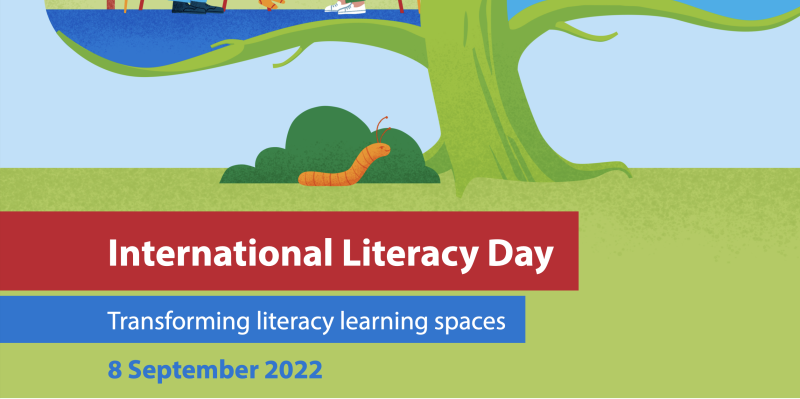After the sunny days of summer, we should probably begin the fall publishing season by thinking about the positive outcomes that literacy promises us; thinking about those hopes that a literate society will hold onto; thinking about those books that are vitally important to readers in these challenging times of pandemic and war; thinking about those books that readers expect from us—the publishers. The world is moving faster than ever. Can we keep up? Can we still satisfy and surprise our readers?
In my region – the so-called post-Soviet space, currently in focus due to the ongoing brutal war in Ukraine – representatives of the cultural sector are often asked: “Should culture interfere with politics?!”
Answers vary but we cannot escape our recent experience of the nature, price, and consequences of the dictatorship we have lived through, fought, broken its strong walls, and emerged, scarred, from the ruins. This region knows that such regimes target the ability to think freely in order to achieve their objectives. People living here clearly understand that under dictatorships, politics will never ignore culture; they will never let it grow into an island of freedom. Dictatorship strives for “order”. Freedom causes diversity, a kind of “disorder”, which is vitally important for art but potentially disastrous for dictatorship. Therefore, a logical question arises: how can culture ignore such a dangerous opponent as politics?!
In reality, culture does not ignore politics. For centuries human minds have fought against slavish obedience and for the main purpose of human existence—continuous creation, continuous development, and continuous innovations. Bringing our learnings to the written page through books is a historic part of forming healthy societies but also the fight against the book and literacy. It is why two important focus areas of the International Publishers Association are so relevant: the freedom to publish and literacy. In the post-Soviet space (and other similar regions), independent thought and literacy are expected of people to resist relapse. Dictators in waiting imagine: “Once conquered, easily conquered again.” But is this possible with people who have seen slavery, then tasted freedom, and have personally experienced the good and the bad of two completely different lifestyles?!
Obviously, human freedom is relevant to more than just our region. However, today, the bravery of one nation to protect its identity, freedom and its homeland has shaken the world, made us think differently and ask questions.
Answers to these questions lie under the ruins of vanished empires; in the depths of the oceans but also in books, which, over centuries, have documented our evolution, carefully studying the spirals of thought of people living in different eras. They have been bound, waiting like undiscovered deposits for people who would find their way to them one day.
Independent thought, like literacy is not an easy burden. One thought can lead to another, and another in a chain reaction almost inspiring fear in the same way that a little knowledge can scare someone to believe ignorance is bliss. But it also produces joy, inner happiness, and happiness in perceiving the world, which is stronger than any kind of fear and gives us freedom to take risks and learn from our mistakes while celebrating our victories.
September 8 is International Literacy Day. But, together with literacy, we should also think about freedom to publish, freedom of speech, and human freedom in general. Because perhaps it is literacy that helps to achieve freedom, and perhaps this is why the fight for freedom to publish at the International Publishers Association is so crucial—to support the process of establishing literate nations.
September 8 is International Literacy Day, and maybe, very symbolically, we should choose this day to take the dusty book from the shelf and start reading our next, or even first, book.

